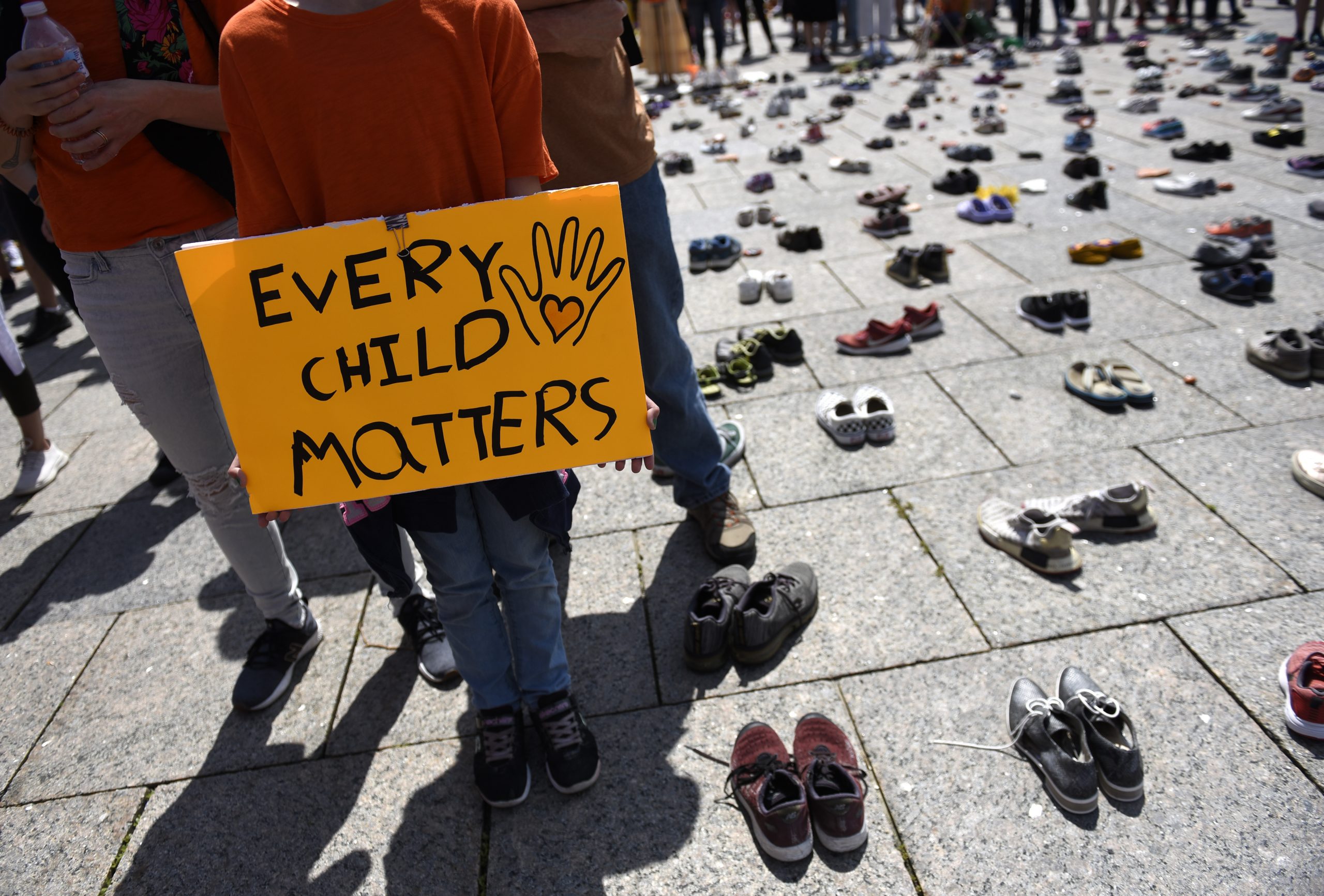UN Climate Conference Snubs Big Oil
BP and Shell will have a lower profile than they have hoped for at the UN Climate Change Conference of the Parties (COP) in Glasgow in November because the oil sector hasn’t agreed yet on science-based targets initiative to reduce emissions, The Wall Street Journal reports.
The COP26 conference, hosted by the UK in Glasgow, Scotland, will run between October 31 and November 12. But it will not have any oil firm—not even BP and Shell which are listed in London and have major operations in the UK and the North Sea—as a “principle partner.”
BP and Shell officials are disappointed with this snub at the major climate event, sources with knowledge of the issue told the Journal.
Both supermajors have set targets to become net-zero emission businesses by 2050 or sooner, and they have both confirmed their oil production would only drop from now on. Shell said earlier this year that its oil production peaked in 2019, while BP looks to cut its oil and gas production by 40 percent by 2030 through active portfolio management and no exploration in new countries.
Despite these pledges, the organizers of the COP climate event in the UK have set as a prerequisite for involvement firms to have their plans viewed as credible by the Science Based Targets initiative.
The initiative is working with the oil industry on such plans, but they are yet to be finalized, a spokeswoman for the Science Based Targets initiative told the WSJ.
“I think the U.K. government is definitely trying to send a message that the fossil fuel industry is under the gun to lead the energy transition and set targets for how they will do that,” Dirk Forrister, CEO at the International Emissions Trading Association, told the Journal.
Both BP and Shell are members of the association.
The principal partners of the COP event include major retailers, consumer groups, and technology firms, including Microsoft, Unilever, Reckitt, as well as utilities with major renewables operations such as SSE and ScottishPower.
By Tsvetana Paraskova for Oilprice.com









